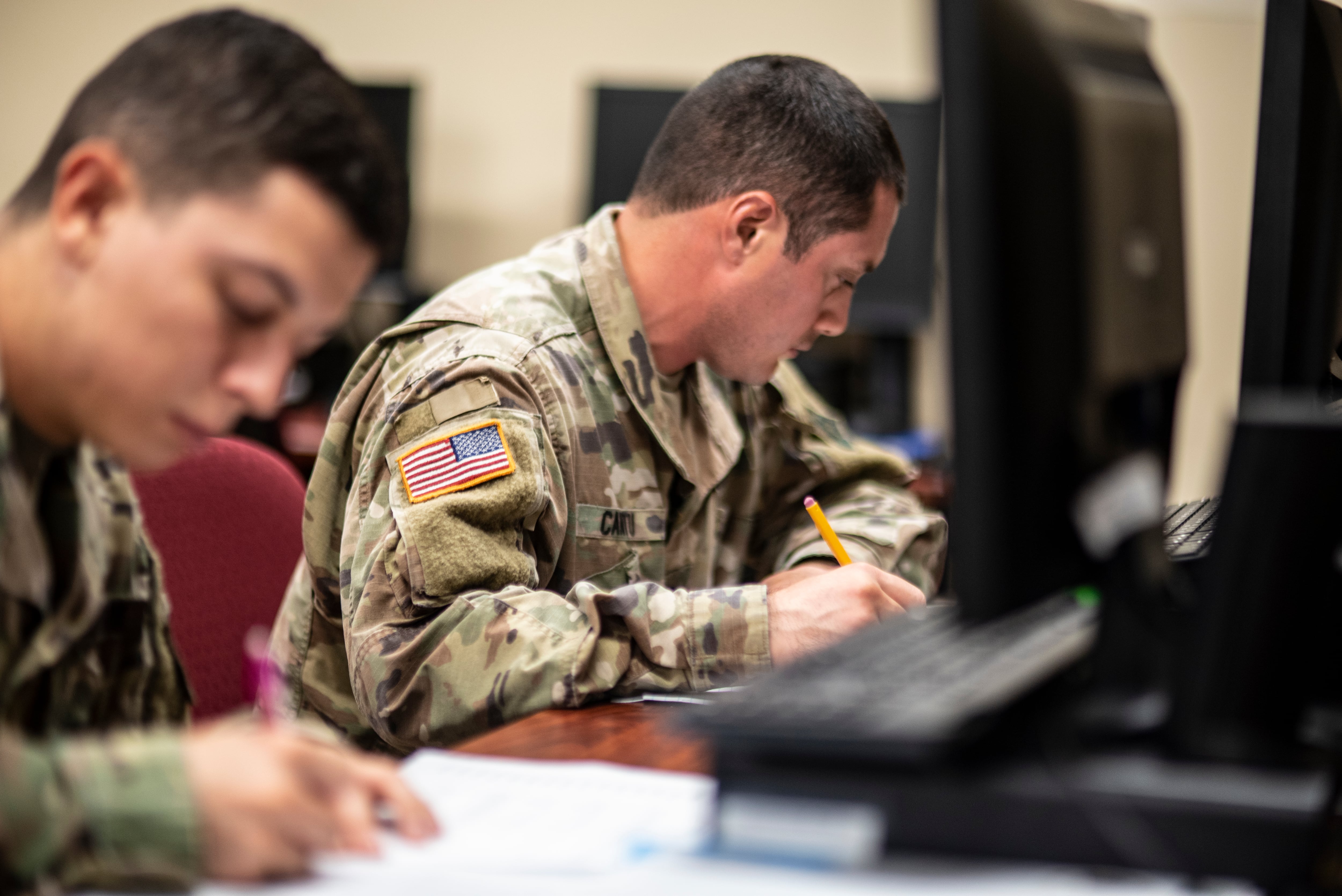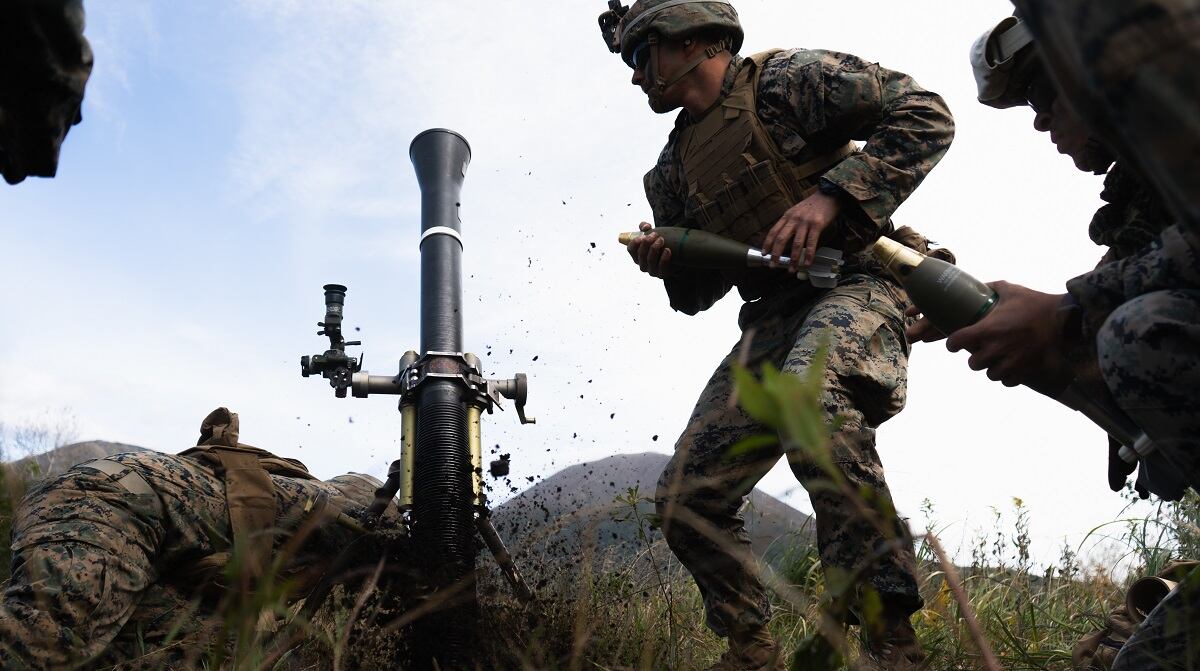After months of analysis, the Army has announced it will remove hundreds of horses from Fort Polk.
An estimated 700-750 horses roam training lands on and around Fort Polk. The fate of the horses has been the subject of debate since the Army proposed removing them about a year ago. Army officials say the animals represent a safety hazard to soldiers training at the post, while advocates for the horses have argued they should be left alone.
The Army announced the decision to remove the horses Monday.
Under the announced plan, the Army will catch and corral 10-30 horses at a time. The horses will be offered to animal welfare groups such as the Humane Society for inclusion in their adoption program. If animal welfare groups do not take the horses, the Army will offer them to any citizen that will take them, and if that fails, the horses will be transported to a livestock auction for sale.
The time frame for catching and removing each group of horses is about 30 days. Concurrently, Fort Polk will actively search for a landowner to take the horses en masse, and will also attempt to find another government agency to remove and accept responsibility for them.
The Army is developing lists of animal welfare groups and citizens interested in taking the horses. Interested parties can find the full details of the process on page 31 of the environmental assessment at http://www.jrtc-polk.army.mil/trespass_horses.html.
Animal welfare groups and local citizens can sign up to be added to one of the two lists Fort Polk is developing by sending an e-mail to usarmy.polk.imcom.mbx.pao-public-response@mail.mil. Animal welfare groups should send appropriate documentation so that Fort Polk officials can verify their status as 501(c)(3) groups. Everyone signing up for the program should include their email address, telephone numbers and the quantity of horses they are interested in taking.
"The alternative that was selected offers the best opportunity to find a new home for every horse and protects American soldiers from a catastrophic incident while training at Fort Polk," said Brig. Gen. Gary Brito, commanding general of Fort Polk and the Joint Readiness Training Center. "This plan gives all interested parties the opportunity to be involved in helping the Army solve the problems it faces. For this program to work, we need your help. We look forward to working with interested parties to help these horses find permanent homes while making Fort Polk a safer place for our soldiers to train."





